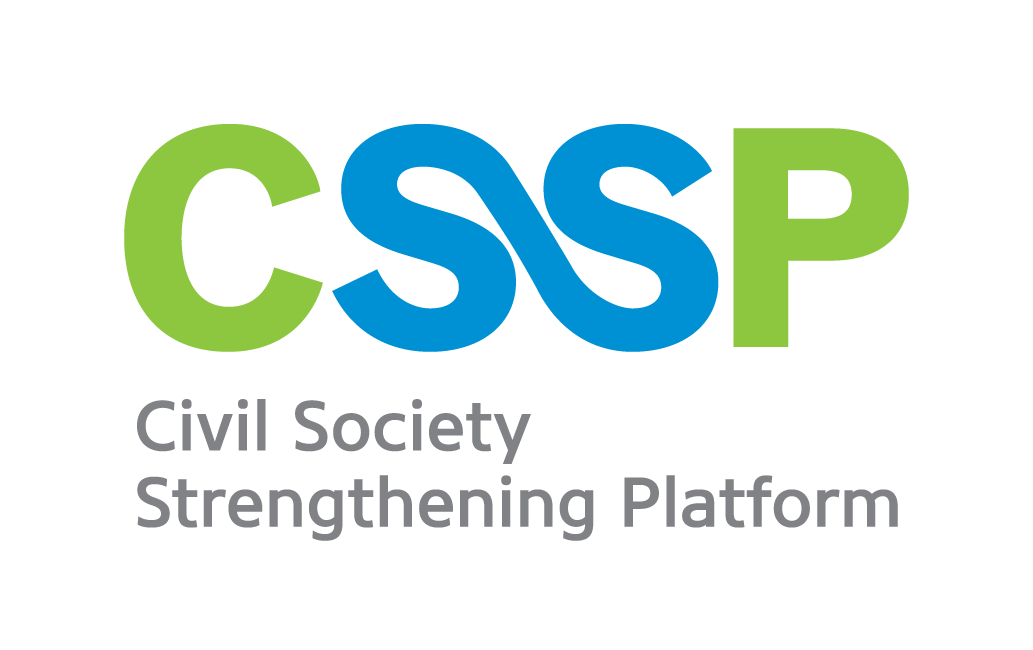This comparative report is prepared on behalf of the UN Women Project ‘Support the establishment and strengthening of regional platforms of civil society organisations (with a special focus on organisations representing women from minority and disadvantaged groups) to advocate for the development and implementation of laws and policies in line with CEDAW and the Istanbul Convention’, under the programme “Ending Violence against Women: Implementing Norms, Changing Minds”.
The comparative report focuses on identifying the gaps and patterns in the six Western Balkans countries and Turkey, regarding women’s organisations practices towards networking, identifying the strengths and challenges of networks as well as the barriers in developing new ones. Furthermore, this report also provides an overview over existing barriers that prevent women from minority and disadvantaged groups to proactively participate within existing coalitions.
The report also provides information on the prevalence of women’s organisations networks in the project countries, the benefits of working within a network and the needs of member organisations. Strengths, successes and challenges of working together are presented, as well as the nature of decision-making processes, representation of minority and disadvantaged groups in women’s networks and strategic planning within network settings. Finally, this analysis emphasizes the possible barriers minority and disadvantaged groups of women might face concerning their full participation within existing networks.







